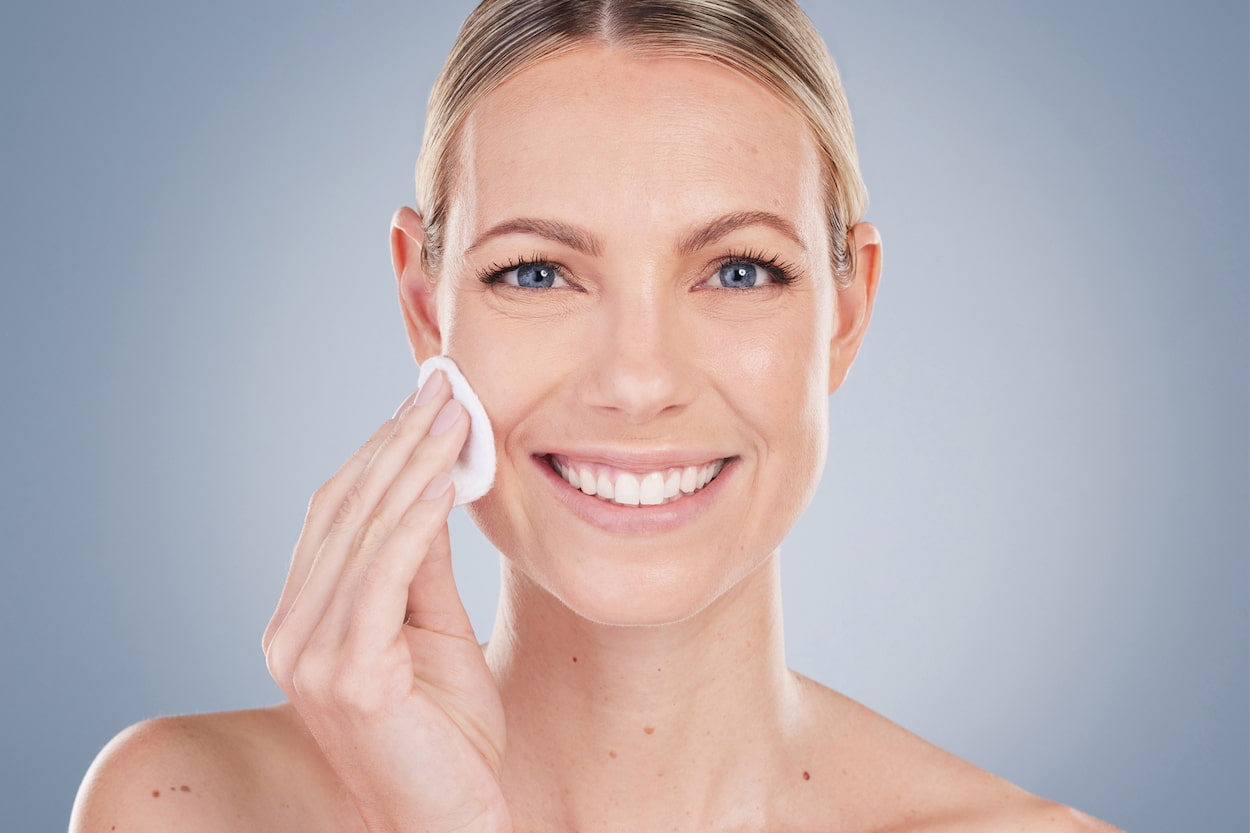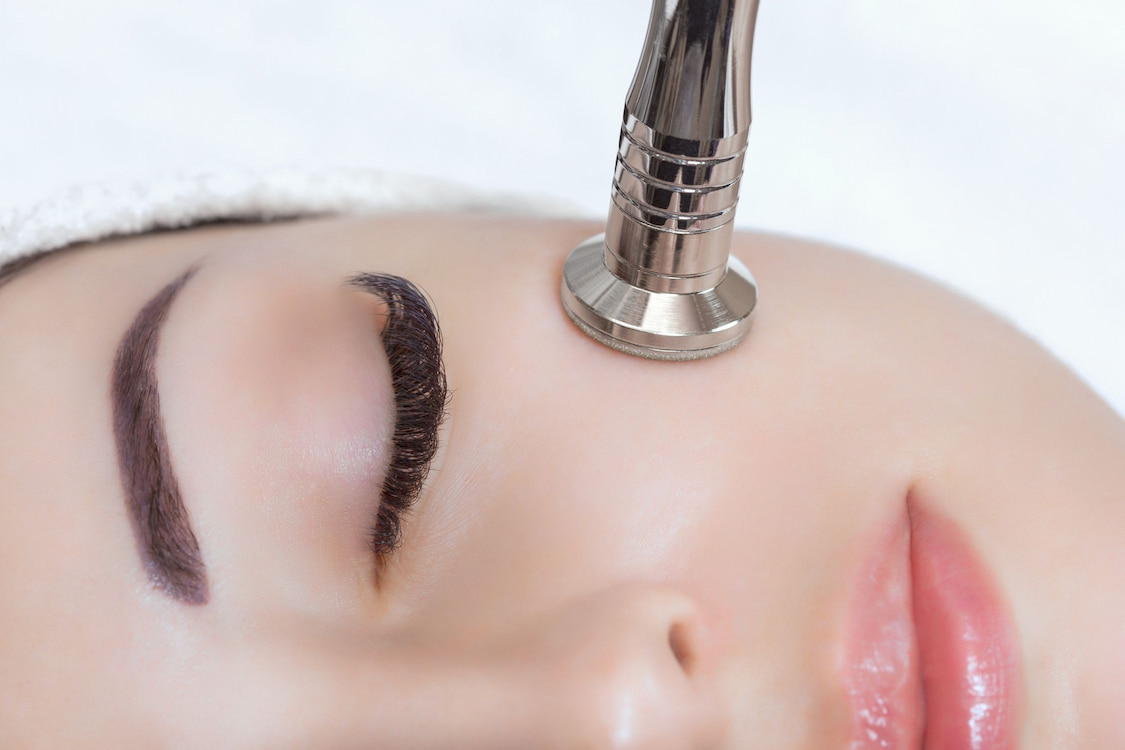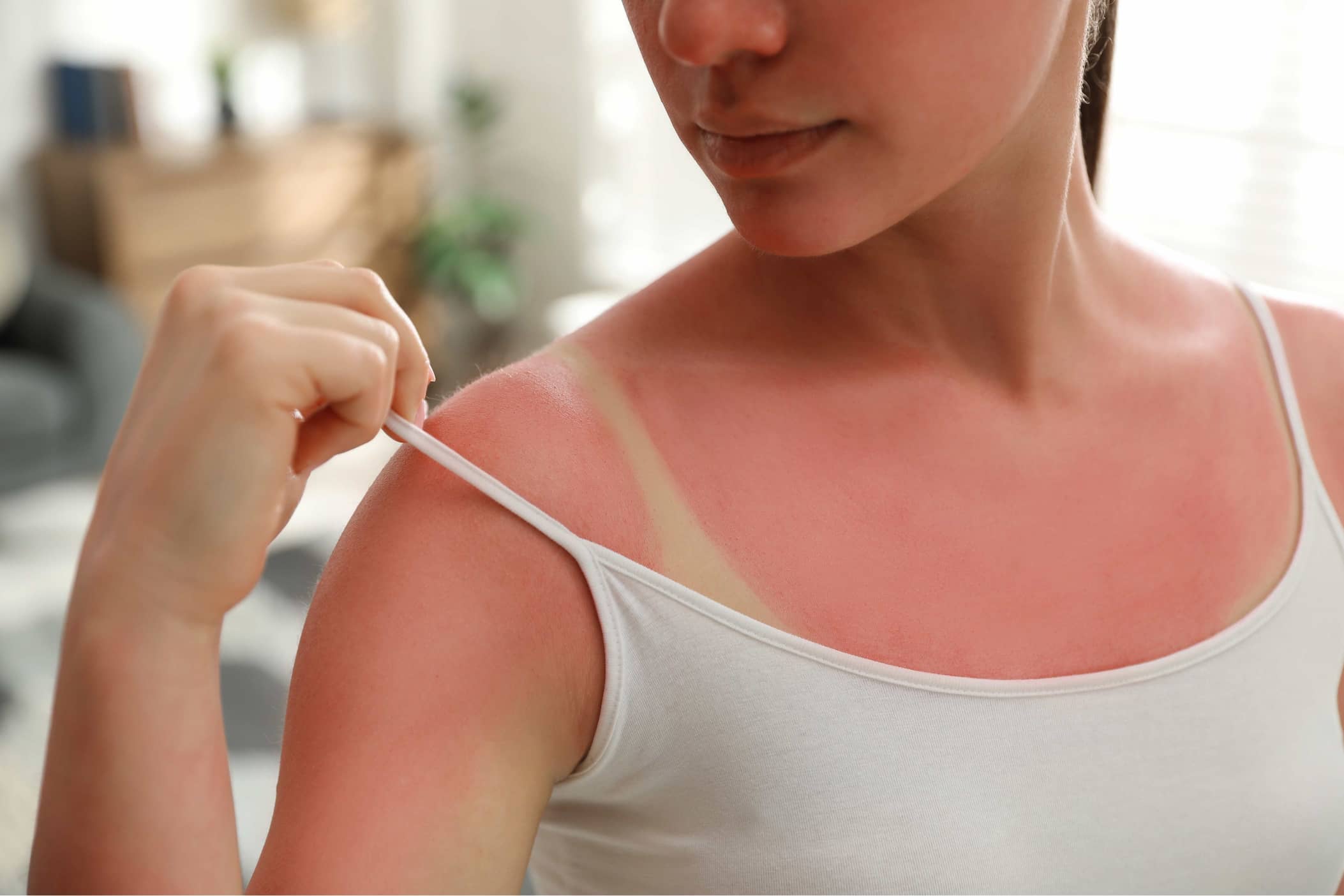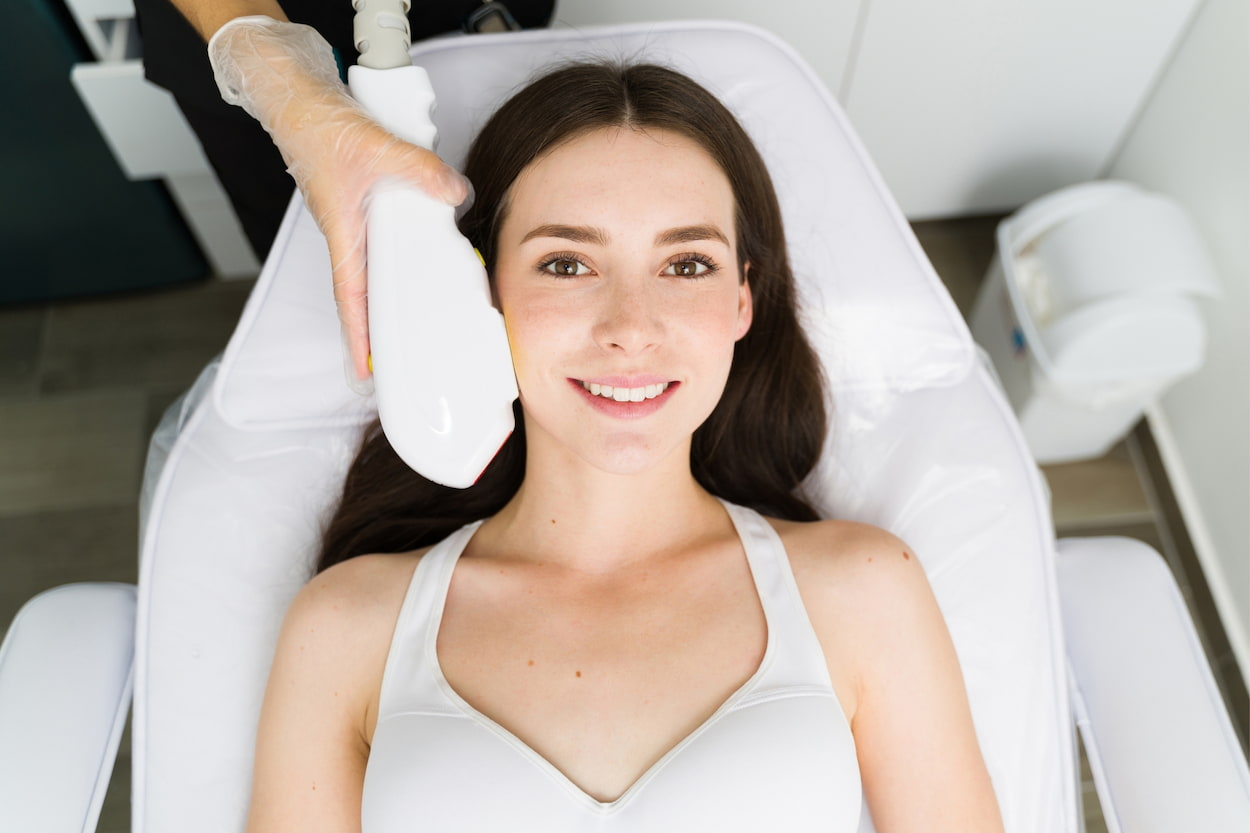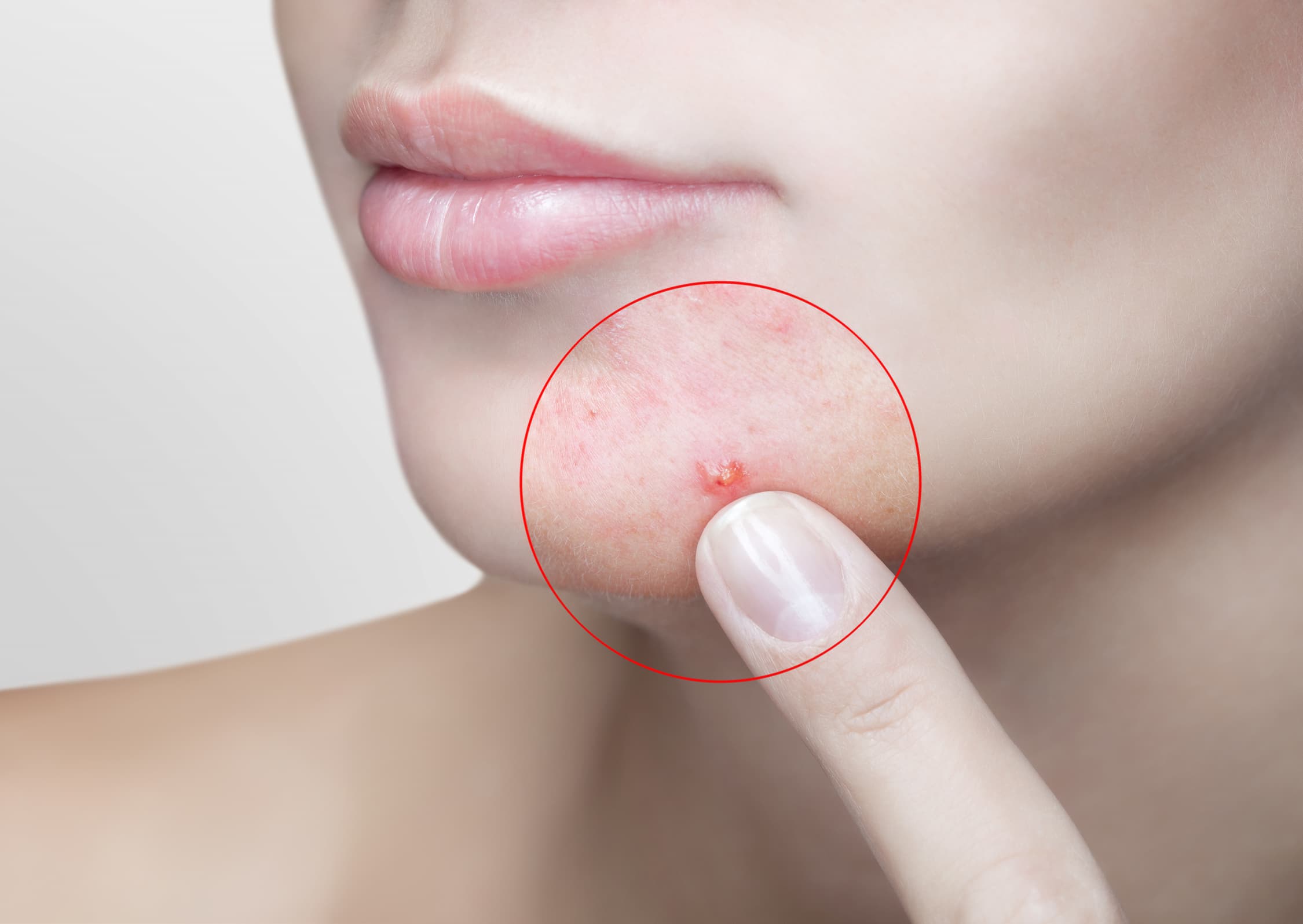
Does Acne Really Go Away?
Acne is a common skin condition that can affect people of all ages, genders, and ethnicities. While it is most prevalent during adolescence, it can also affect adults well into their 30s and 40s. If you’re one of the many people wondering when your acne will go away, you’re not alone. In this article, we’ll explore the factors that determine when acne stops, including age, hormonal changes, and genetics.
Causes of Acne
Acne is a common skin condition that affects millions of people around the world. While it’s often associated with adolescence, acne can affect people of all ages and genders. Acne occurs when hair follicles become clogged with oil and dead skin cells, leading to the development of pimples, blackheads, and other types of blemishes.
Many factors can contribute to the development of acne. Hormonal changes are one of the most common causes of acne, which is why it often develops during adolescence. However, hormonal changes can also occur during pregnancy, menopause, or when taking certain medications. Genetics can also play a role in acne development – if your parents or siblings have acne, you may be more likely to develop it yourself. Other factors that can contribute to acne development include stress, poor diet, and certain skincare products or makeup. By understanding the causes of acne, you can take steps to prevent and manage this common skin condition.
The Impact of Age on Acne
Age is one of the most significant factors that determine when acne goes away. For most people, acne reaches its peak during adolescence, when the body is undergoing significant hormonal changes. During this time, the body produces more androgens, a type of hormone that stimulates the sebaceous glands in the skin to produce more oil. Excess oil, along with dead skin cells and bacteria, can clog pores and lead to acne.
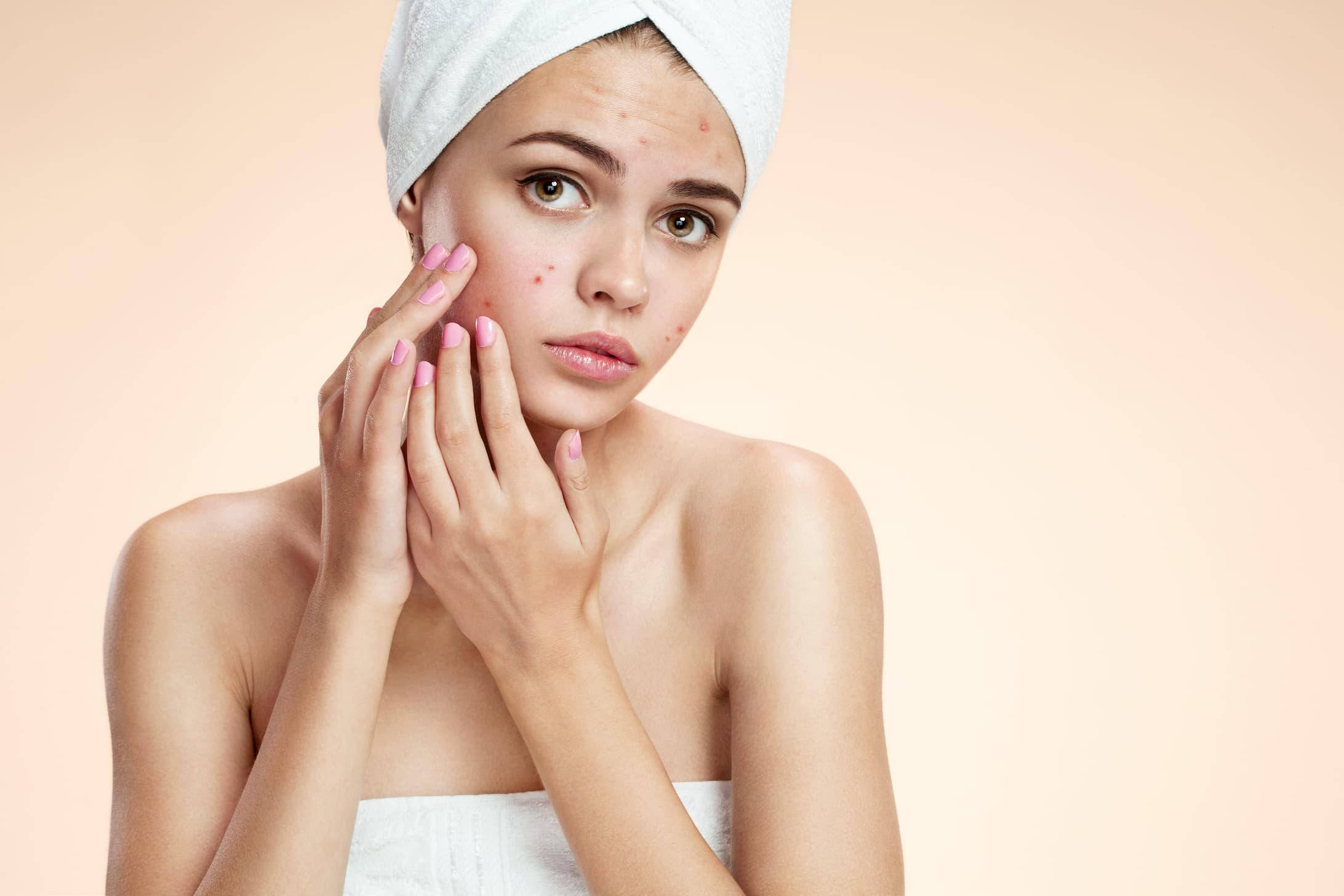
Teenage Acne
For many people, teenage acne is a rite of passage. According to the American Academy of Dermatology, about 85% of people between the ages of 12 and 24 experience at least minor acne. Teenage acne typically starts around the age of 11-12 in girls and 12-13 in boys and can last anywhere from a few months to several years.
One of the reasons teenage acne can be so frustrating is that it can be challenging to treat. Hormonal changes, genetics, and environmental factors can all play a role in acne development. While over-the-counter acne treatments can be effective for some people, others may require prescription-strength medications to achieve clear skin.
Hormonal Acne
Hormonal changes can also play a significant role in acne development. Hormonal acne is typically caused by fluctuations in androgen levels, which can occur during puberty, menstruation, pregnancy, and menopause. Women are more likely than men to experience hormonal acne, but it can affect anyone. Hormonal acne tends to appear on the lower face, jawline, and neck and is often characterized by deep, painful cysts. It can be challenging to treat and may require specialized medications or hormonal therapy.
How Long Does Acne Last?
The duration of acne varies from person to person, and there is no set timeline for when it will go away. Some people may experience only mild acne for a few months, while others may struggle with severe acne for years. In general, acne tends to improve as you get older, but this is not always the case.
Factors that can affect how long acne lasts include:
Genetics: If your parents or siblings had acne, you are more likely to experience it as well. Genetics can also play a role in how severe your acne is and how long it lasts.
Skincare routine: A consistent skincare routine can help prevent and reduce acne. Using gentle cleansers, moisturizers, and acne treatments can help keep your skin clear.
Diet: There is some evidence that certain foods, such as dairy and sugar, can exacerbate acne. Eating a balanced, nutritious diet can help support healthy skin.
Stress: Stress can trigger acne or make existing acne worse. Finding ways to manage stress, such as through exercise or meditation, can help improve your skin.
The Study of Does Acne Really Go Away
In a recent study published in the Journal of Dermatology and Skin Health, researchers conducted an extensive analysis of adult acne, seeking to understand the factors contributing to its prevalence and duration. The study included a diverse group of adult participants, and findings indicated that hormonal changes, stress, and lifestyle factors may indeed play significant roles in the development of adult acne. Moreover, the research revealed that many acne medications designed for younger individuals may not be as effective in adults, making personalized treatment plans essential. Dermatologists have been increasingly recommending specialized treatments, such as chemical peels, microdermabrasion, and laser therapy, which have demonstrated high efficacy in reducing acne and improving overall skin health. This study underscores the importance of seeking professional guidance from a dermatologist to address adult acne effectively.
When Does Acne Stop for Adults?
While acne is most commonly associated with adolescence, it can also affect adults well into their 30s and 40s. Adult acne is becoming increasingly common, particularly among women.
The reasons for adult acne are not fully understood, but hormonal changes, stress, and lifestyle factors may play a role. Treating adult acne can be challenging, as many acne medications are designed for use in younger people and may not be as effective in adults. If you’re struggling with adult acne, it’s important to work with a dermatologist to develop a personalized treatment plan.
Your dermatologist can help you identify the underlying causes of your acne and recommend appropriate treatments. This may include topical or oral medications, skincare products, or lifestyle changes. Your dermatologist may also recommend that you make changes to your diet or avoid certain triggers, such as harsh skincare products or makeup.
It’s important to be patient when treating acne. Many acne treatments take time to work, and it can take several weeks or even months to see significant improvement. It’s also important to stick with your treatment plan and avoid picking or popping pimples, as this can lead to scarring and further breakouts.
In some cases, your dermatologist at Healthy Turkiye may recommend more aggressive treatments, such as chemical peels, microdermabrasion, or laser therapy. These treatments can be highly effective in reducing the appearance of acne and improving the overall health of your skin.
Conclusion
Acne is a common skin condition that can be frustrating and impact your self-esteem. While it can be challenging to predict when acne will go away, many people find that it improves as they get older. Factors such as age, genetics, hormonal changes, and lifestyle factors can all play a role in acne development.
If you’re struggling with acne, it’s important to work with a dermatologist to develop a personalized treatment plan. Your dermatologist at Healthy Turkiye can help you identify the underlying causes of your acne and recommend appropriate treatments to help you achieve clear, healthy-looking skin.
Remember, treating acne takes time and patience. With the right treatment plan, however, most people can achieve significant improvement in their skin. Don’t hesitate to reach out to a dermatologist at Healthy Turkiye for help with your acne – it’s never too late to start working towards healthier, clearer skin.
